More than a month after interrupting sales of books from major publisher Hachette in a dispute over e-book pricing, Amazon has proposed a temporary arrangement in which it would return sales to normal and funnel 100 percent of the revenue directly to authors until the two parties reach an agreement.
The deal would see Amazon reinstate discounts on Hachette titles, increase stock levels of print editions, and resume pre-orders for unreleased books from the publisher. Amazon made its case in a Tuesday letter to authors and literary agents, according to the Wall Street Journal, but Hachette must still agree.
Seattle, Wash.-based Amazon began taking action against Hachette in May amid talks over a new contract for the sale of e-books. The retailer first stopped accepting pre-orders for Hachette titles — including a new release from noted author J.K. Rowling — and then began to draw down inventory of print editions in what many observers classed as a play to gain more favorable terms.
For its part, Amazon insists that the dispute is good for consumers. "Negotiating for acceptable terms is an essential business practice that is critical to keeping service and value high for customers in the medium and long term," the company argued.
Amazon has taken an increasingly strong stance in negotiations with large and small publishers alike following its recent proxy victory over rival Apple in the U.S. The iPhone maker was found guilty of violating antitrust laws by entering into so-called "agency pricing" agreements with publishers — which had the effect of raising some e-book prices while increasing competition — and the resulting changes have allowed Amazon to resume its previous practice of selling e-books at or near cost to gain market share.
The retailer has also been accused of "bullying" independent publishers in the U.K., pushing for new terms including a "most-favored nation" clause in contracts that is similar to the language that landed Apple in trouble with U.S. authorities.
 Sam Oliver
Sam Oliver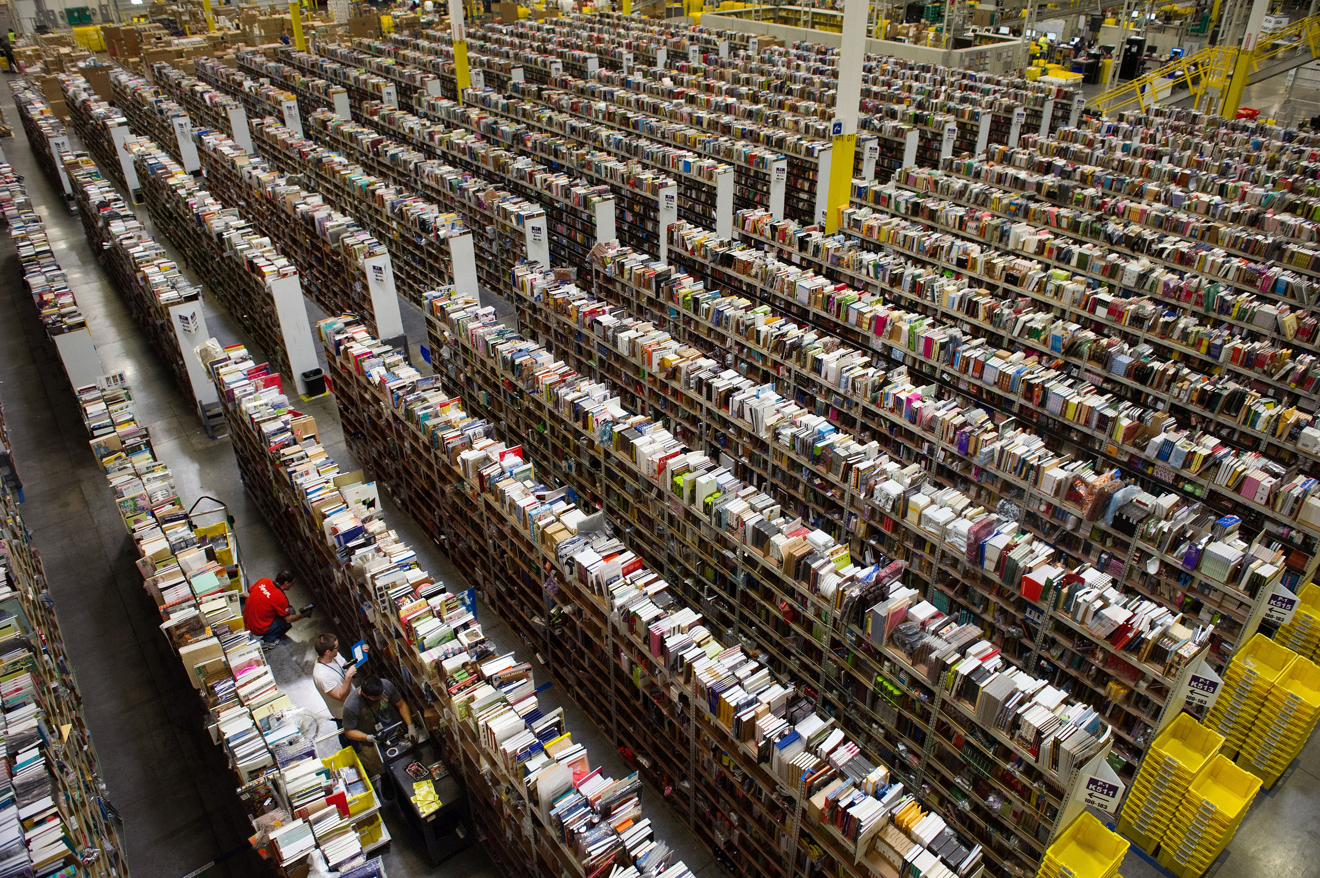

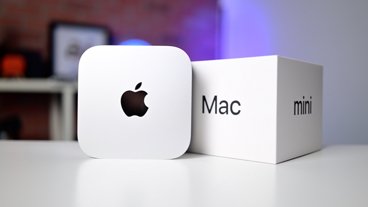





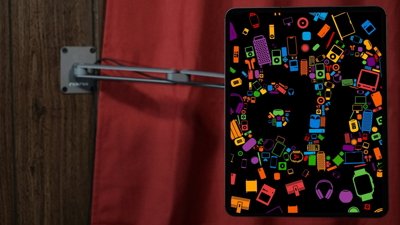
 Wesley Hilliard
Wesley Hilliard
 Malcolm Owen
Malcolm Owen
 William Gallagher
William Gallagher
 Christine McKee
Christine McKee
 Charles Martin
Charles Martin
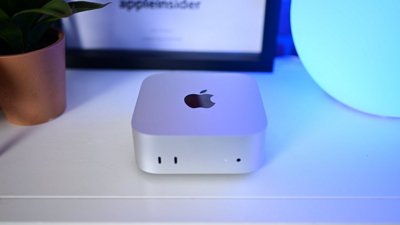
 Mike Wuerthele
Mike Wuerthele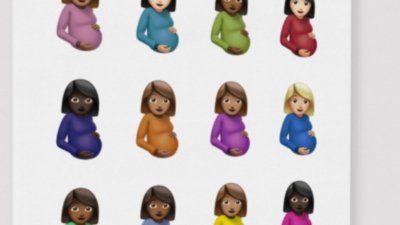






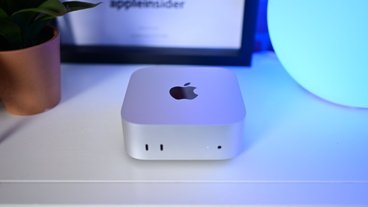


33 Comments
Amazon's plan takes all the consumer backlash/pressure off of Amazon -- and then transfers all the remaining pressure on to Hachette. Doesn't sound like a good deal. I hope Hachette does not go along. EDIT: I'm of the opinion that Amazon shifted their position because the PR image of Amazon blocking sales made Amazon look like the monopolistic bully that it really is.
It makes more and more sense for Amazon to get rid of all of that dead inventory of physical books and go e-book only. Bad for publishers who rely on physical book sales, but come on... it's a dying market.
It makes more and more sense for Amazon to get rid of all of that dead inventory of physical books and go e-book only. Bad for publishers who rely on physical book sales, but come on... it's a dying market.
Physical books are nowhere near a "dying market". There will be a big market for a long time to come.
I smell a rat. Authors get to keep 100% of ebook sales while they negotiate, but Amazon gets to continue heavy discounting. So, in effect: 1) Amazon stops the attrition of customers 2) Amazon resumes physical book sales, which wasn't really the issue 3) Amazon looks good by giving authors 100% of ebook money for the short term 4) Amazon heavily discounts the ebooks so authors come up with the same or less than a properly negotiated deal 5) ?? Hachette gets no portion from the ebooks, because the revenue is routed to the authors? Isn't this just Amazon's way of cutting out Hachette and dealing directly with the authors? If I were Hachette, I'd make the case to the authors to reject this. If they unilaterally reject it, the authors might be pissed with them. They need to sell it, and then reject it.
Amazon's plan takes all the consumer backlash/pressure off of Amazon -- and then transfers all the remaining pressure on to Hachette.
Doesn't sound like a good deal. I hope Hachette does not go along.
This is exactly what I was thinking - but Amazon has a much powerful hand to deal with - unfortunately there's not much Hachette can do besides play on Amazon's terms or get bled dry.